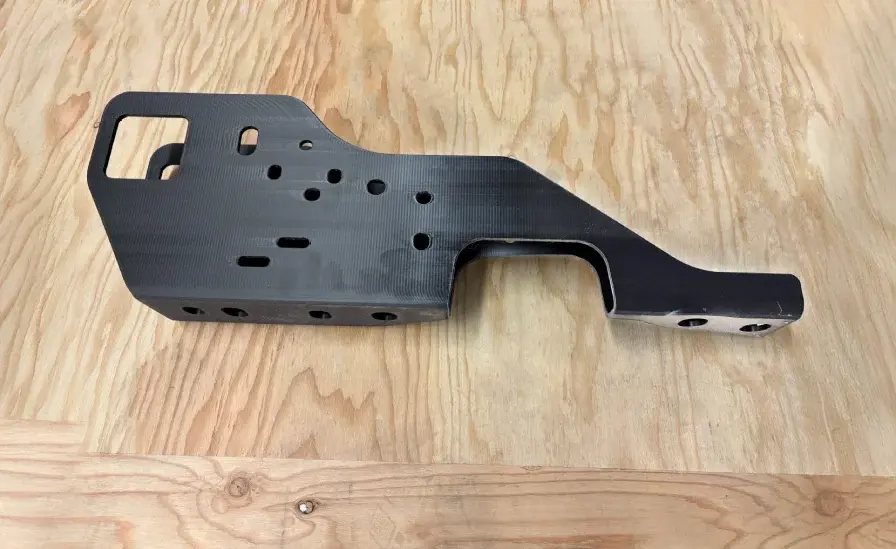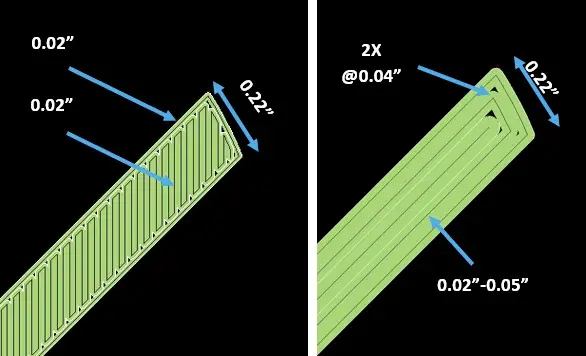This global automotive manufacturer designs and builds a wide range of vehicles including gas-powered cars, electric vehicles (EVs), and commercial trucks. With a footprint in both consumer and fleet markets, the company leverages advanced technologies like additive manufacturing for tooling to stay ahead in a fast-evolving industry.
The manufacturer relied on FDM 3D printing for tooling and prototyping. While effective for quality, legacy systems were limited in speed, making it hard to meet automotive production timelines. To address growing demand, the company needed a high-speed 3D printer to improve production throughput while maintaining part accuracy and strength.
The team deployed the Stratasys F3300, a next-generation production-grade FDM 3D printer that more than doubles the output speed of older machines. The F3300 features a new hot-end capable of applying custom toolpaths 50% wider than conventional systems, which helps reduce voids and increase part strength. It also includes auto-calibration to eliminate manual setup, further reducing downtime.
With the F3300 in place, the OEM achieved up to 72% faster print speeds compared to the F770. This increase in throughput enabled the team to meet escalating demand while also lowering cost-per-part thanks to faster cycle times. The wider extrusion paths improved part bonding and strength, while auto-calibration reduced labor requirements. As a result, the F3300 became the company’s go-to system for automotive additive manufacturing, setting a new benchmark in speed, quality, and ease of use.

